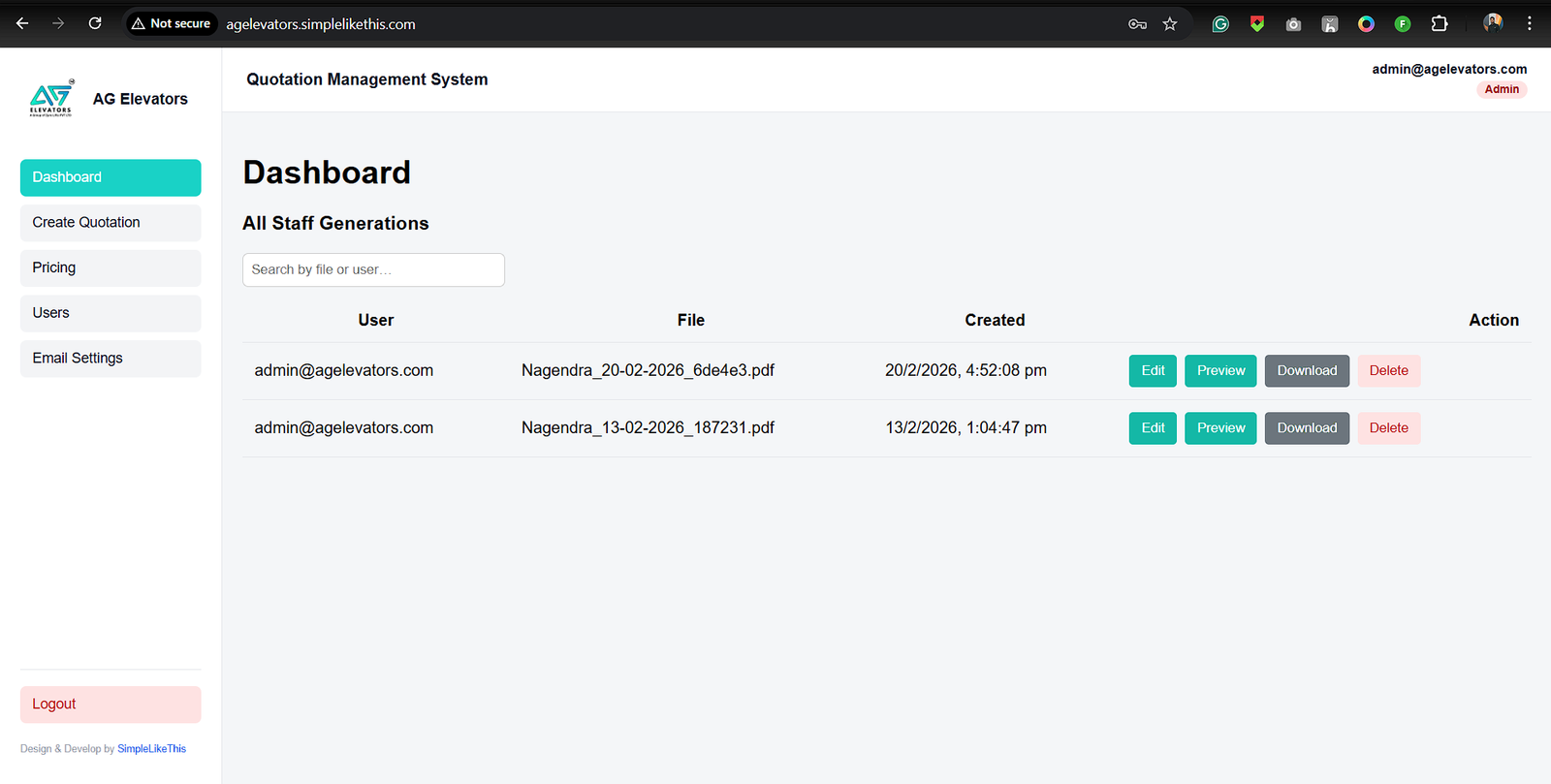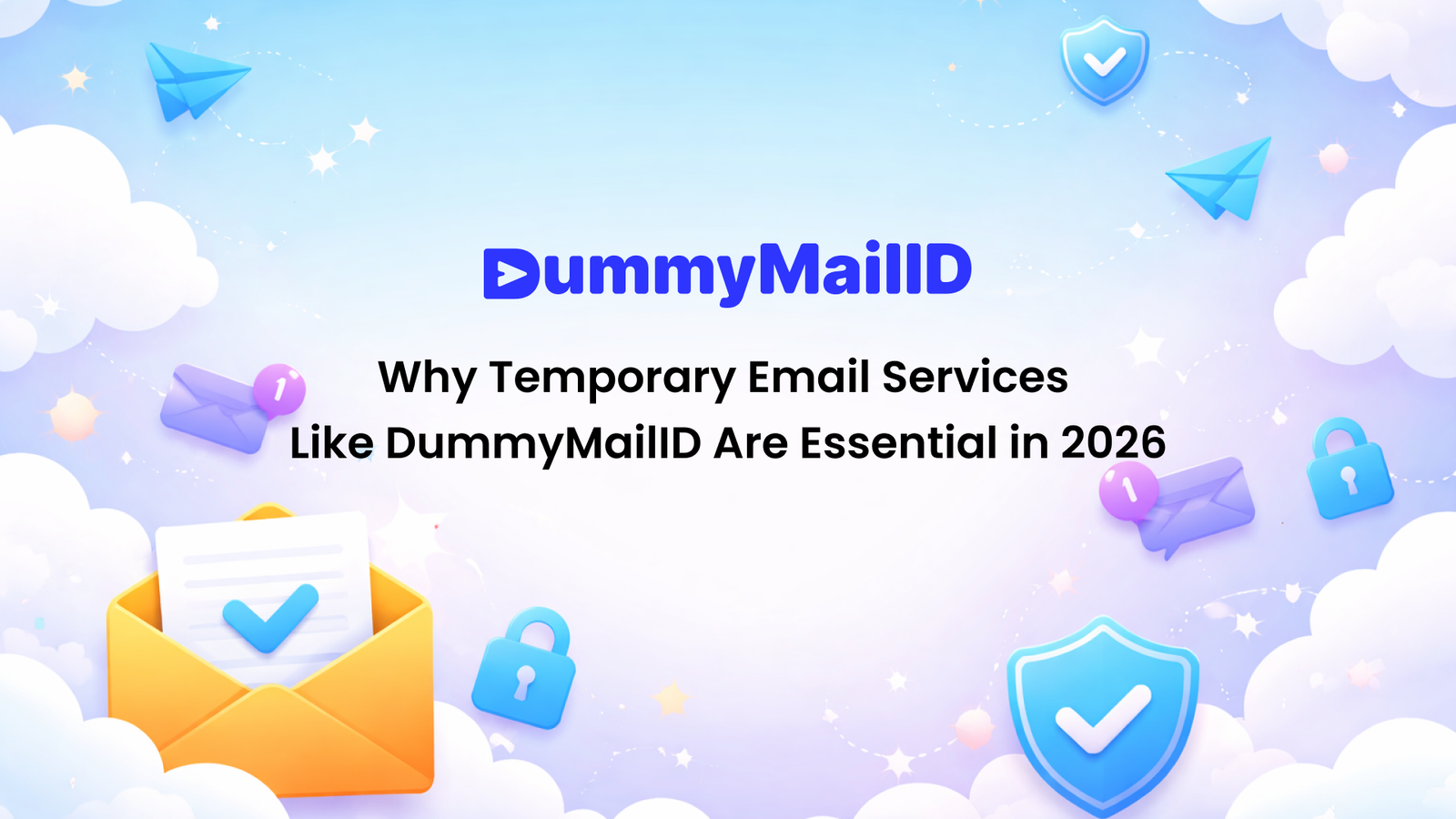In today’s digital world, over 4.7 billion people actively use social media, making it an indispensable tool for businesses looking to connect with potential customers. Social media marketing has become essential for driving brand awareness, increasing sales, and engaging with a target audience. Let’s dive deeper into why this marketing channel is vital for your business.
Enhanced Brand Awareness and Reach
Building a Strong Online Presence
Social media platforms such as Facebook, Instagram, and Twitter allow businesses to build a recognizable brand identity. Through these channels, companies can express their values, personality, and showcase products. A solid online presence cultivates trust and fosters easier connections with potential customers. Take Nike, for example; they leverage Instagram to promote their brand ethos and engage followers, resulting in a loyal fan base.
Reaching a Wider Audience
Social media algorithms and targeted ads allow businesses to reach a broader audience. Unlike traditional marketing methods, social media enables businesses to target specific demographics based on factors like age, interests, and online behaviors. For example, with nearly 70% of the U.S. population on Facebook, businesses can tap into a wide range of potential customers. Studies show that social media marketing is significantly more effective at boosting visibility than traditional methods.
Cost-Effectiveness of Social Media Marketing
Social media marketing is more budget-friendly than traditional advertising. Starting an account on most platforms is free, and even paid ads can be tailored to accommodate small budgets. The return on investment (ROI) can be impressive, as businesses can track engagement, conversions, and other metrics directly through social media analytics tools.
Increased Customer Engagement and Loyalty
Fostering Two-Way Communication
Social media allows businesses to directly engage with customers, creating a space for feedback, support, and relationship building. For example, Dell uses Twitter to engage with customers, providing swift responses and creating a sense of community, which builds customer loyalty.
Building a Community
Engagement on social media helps businesses create loyal customer communities. Starbucks is a great example of a brand that encourages active participation through social media, fostering discussions about its products and promotions. This sense of belonging motivates customers to become advocates for the brand.
Improved Customer Service
Social media also serves as an excellent tool for customer service. Customers can quickly reach businesses with questions or issues, and companies can respond in real time. Zappos is known for its exceptional customer service via social media, which has helped it maintain high levels of customer satisfaction.
Driving Website Traffic and Sales
Social Media as a Traffic Driver
Social media posts and advertisements can significantly drive traffic to your website. Studies show that posts on Facebook generate high engagement rates and can outpace traditional marketing efforts, such as email campaigns, in terms of click-through rates.
Leveraging Social Commerce
Social commerce, which allows businesses to sell directly through platforms like Instagram and Facebook, is growing in popularity. Brands like Glossier have thrived by integrating direct shopping features into their profiles, enabling users to purchase products without leaving the app. This seamless shopping experience boosts sales and makes it easier for businesses to convert social media engagement into revenue.
Measuring ROI of Social Media Marketing
To gauge the success of social media marketing efforts, businesses can use tools like Google Analytics to track traffic coming from social platforms. By analyzing engagement rates, conversion metrics, and ROI, businesses can continuously refine their strategies for better outcomes.
Competitive Advantage and Market Insights
Staying Ahead of the Competition
Having a solid social media presence gives businesses a competitive edge. Engaging on social platforms helps companies stand out in crowded markets. Customers often gravitate towards brands they feel connected to, so having a robust social media strategy is key to staying competitive.
Gathering Valuable Market Data
Social media platforms offer invaluable data about customer preferences and trends. By analyzing feedback and engagement, businesses can better understand their target audience. Coca-Cola, for example, uses social media insights to adjust their marketing strategies and align with consumer interests.
Adapting to Market Changes
Social media marketing is adaptable, allowing businesses to respond quickly to shifts in consumer preferences or market conditions. For instance, during the COVID-19 pandemic, many companies adjusted their messaging on social media to reflect new consumer values and needs, ensuring they stayed connected with their audience during a time of uncertainty.
Conclusion
Social media marketing offers a multitude of benefits, including improved brand awareness, higher customer engagement, and increased sales. A well-crafted social media strategy is crucial for businesses to succeed in today’s fast-paced digital environment.
To elevate your social media marketing efforts, focus on creating a consistent brand message across platforms, and invest in content that resonates with your audience.
Take action today—establish your social media presence and watch your business grow!



